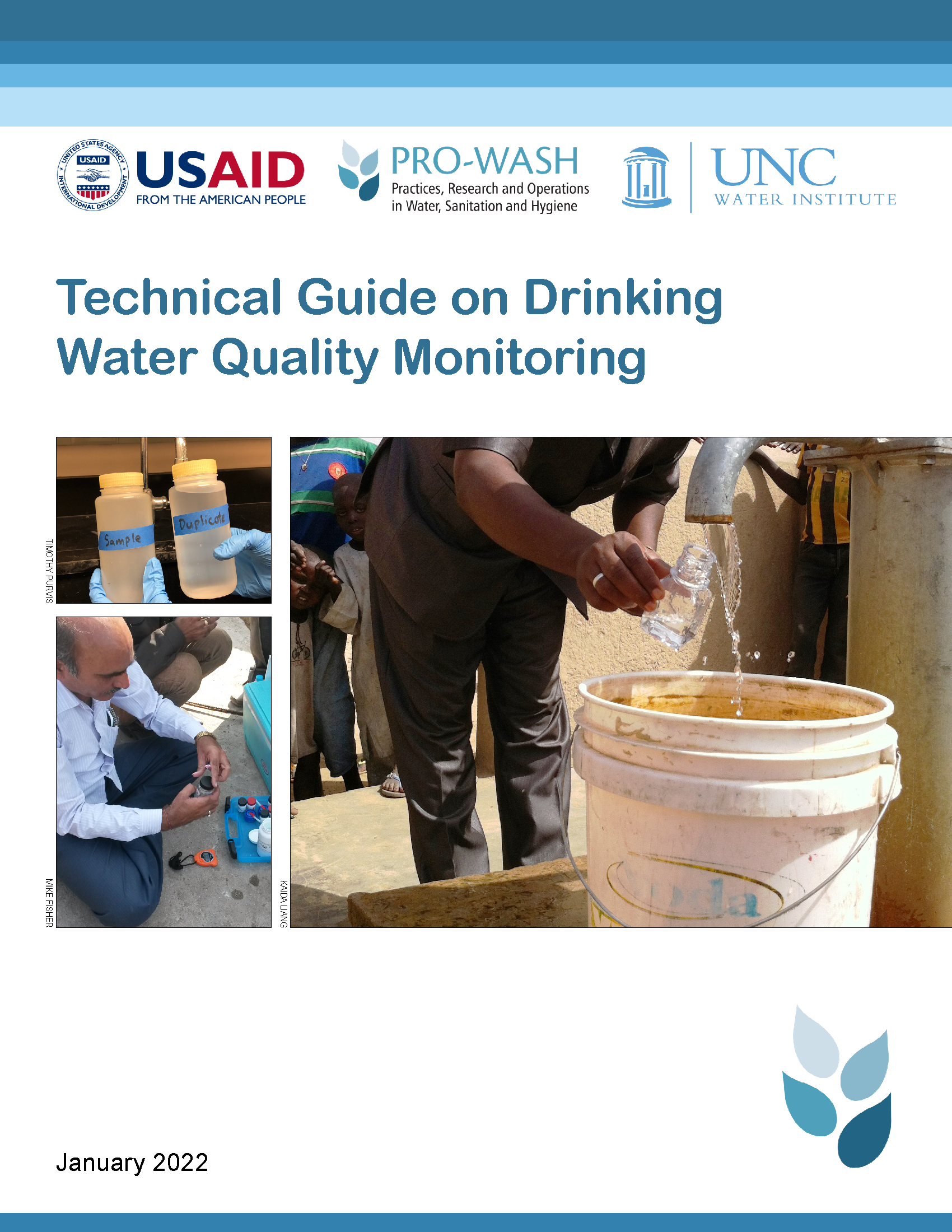Search Results
Scope of Work: Consultant, Gender and Social inclusion for Practices, Research and Operations in Water, Sanitation and Hygiene
PRO-WASH is seeking to hire a consultant to enhance gender and social inclusion (GESI) within WASH and Integrated Water Resource Management (IWRM) activities and to ensure that GESI is addressed as a cross-cutting issue in PRO-WASH’s forthcoming technical guides and training packages. https://www.fsnnetwork.org/sites/default/files/2022-03/PRO-WASH_Scope_of_Work_C…GAYA Small Grants Program
About The Gender and Youth Activity (GAYA) aims to help implementers strengthen their capacity to design and implement effective food security activities. One key avenue for this support is GAYA’s Small Grants Program (SGP). The SGP responds to feedback from implementers of food security activities indicating a need for practical, program-oriented approaches to better integrate and use gender and youth-focused data. After a competitive award process in 2023, GAYA awarded Program Improvement Award (PIA) small grants to three food security Implementing Partners. With these funds, the grantees are working to improve the collection and use of gender and youth dataGender Transformative Climate Adaptation - African Women's Leadership as Driver for Change
In the second week of Commission on the Status of Women (CSW66), join CARE International for a side event to hear from representatives from governments, civil society, and multilateral agencies working in African countries and discuss their good practices and recommendations on how to promote women’s leadership and gender equality in the climate justice agenda. Panelists will reflect on the impacts of the climate crisis on women and girls and discuss how individuals can take action to support effective solutions.Sanitation Quality Standards for Emergencies Webinar
Join PRO-WASH and the Global WASH Cluster's Faecal Sludge Management Technical Working Group for a webinar on the recently issued Sanitation Quality Standards for Emergencies. These standards help the WASH sector meet the growing challenges of providing effective fecal sludge management in emergency contexts. The webinar will cover the intended audience the standards were designed for, when and where they can be applied, and how implementers can access and help with testing. This event will be held in English with simultaneous French, Spanish, and Arabic interpretation. View English Presentation Watch English Recording View Arabic Presentation | Watch Arabic Recording ViewAre you interested in receiving funding to present at an international conference?
PRO-WASH will fund up to four presenters from Resilience Food Security Activities to present their WASH or integrated water resource management work at an upcoming conference in 2022! https://www.fsnnetwork.org/sites/default/files/2022-03/PRO-WASH-Funding-Confere…
Technical Guide on Drinking Water Quality Monitoring
Authors:
PRO-WASH
Sector Type:
Water, Sanitation, and Hygiene |
Monitoring and Evaluation
Year Published:
2022